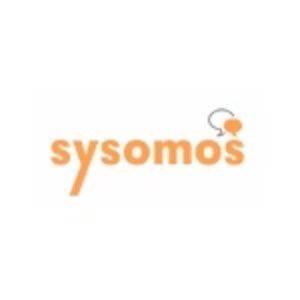

#Readwrite org professional#
Naval Institute Proceedings, the Naval War College Review, the Marine Corps Gazette, and more recently, online blogs, have hosted professional conversations. Newspapers, periodicals, and blogs can provide us different perspectives on issues of the day-and these contributors can also challenge our thinking. A good idea will get better through this intellectual challenge. There is great value in testing conventional wisdom and exploring new ideas. Finally, I will open up a way for all of us to talk about what we are reading. I will make it easy to obtain these books through an e-book program that can be easily accessed through your personal electronic devices. I am also thinking of ways I can highlight other books that I have found interesting because they helped me to think through a problem or see things differently. Still, I will soon share with you what I consider to be a canon of classic works. This means that I cannot possibly dictate a comprehensive list of “the” books to read. As the challenges the naval service faces have multiplied, knowledge required to meet those challenges has also grown. these masters wrote works of the highest quality that have stood the test of time. Reading can teach us the fundamentals of our business. We must all study voraciously to prepare ourselves for the ultimate responsibility of leadership in war. As recently retired Marine General James Mattis, one of our best-read leaders, once wrote, “The problem with being too busy to read is that you learn by experience (or by your men’s experience)-i.e., the hard way.” If, through a lack of research, we relearn the lessons of history each time we go to war, we will needlessly pay the price in sunken ships and greater loss of life. I realize that it takes dedication to devote time to reading, but it is fundamental to growth as a naval professional. No matter how busy you may think you are, you must find time for reading, or surrender yourself to self-chosen ignorance. Our Navy benefits from a vigorous intellectual debate. I strongly encourage you to read, think, and write about our naval profession. We must commit to self-improvement, through formal schools and courses, and especially through self-education. We must challenge our own assumptions, be informed by the facts, and be aware of the current context. We all-officers, enlisted, and civilians-need to develop sound and long-term habits for reading and writing during the entire course of our careers. I want to revitalize the intellectual debate in our Navy. What we do in peace will be decisive in war. The margins of victory will be razor-thin-we cannot be complacent. Today, as we prepare for operations and war with an increasingly complex set of potential adversaries, we must do more to sharpen our thinking, learn the lessons from history, and expand our minds. Usually, the team that can think better and adapt faster will win. Warfare is a violent, intellectual contest between thinking and adapting adversaries.


 0 kommentar(er)
0 kommentar(er)
